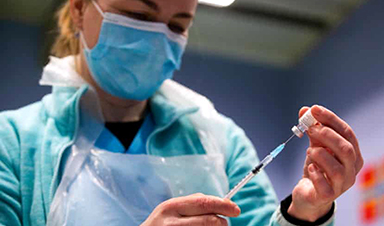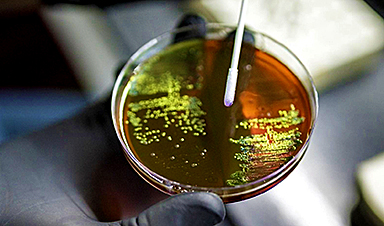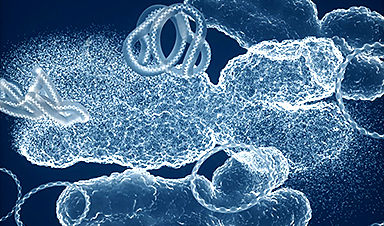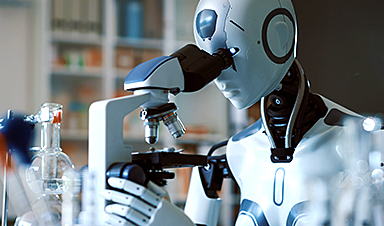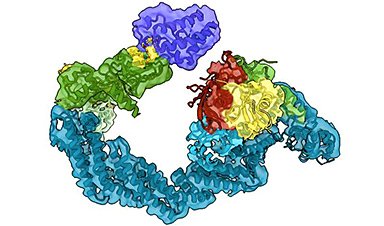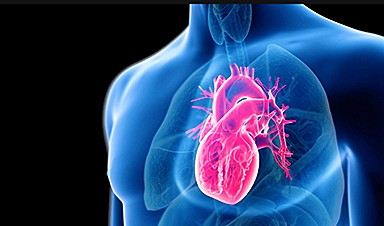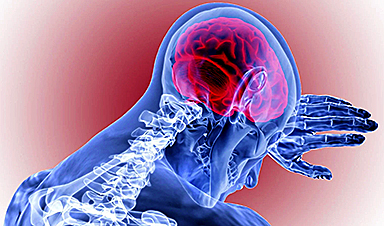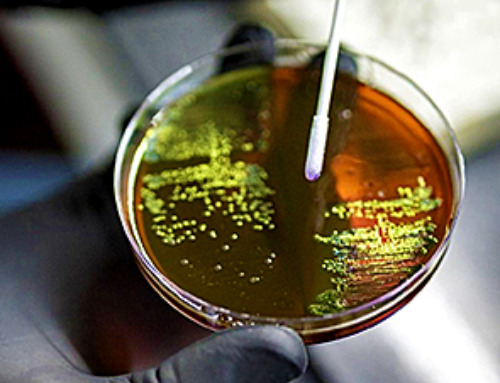Scientists have backed proposals for Covid boosters in the autumn after blood tests on hundreds of people revealed that protective antibodies can wane substantially within weeks of second vaccine shots being given.
Falls in antibodies after vaccination are expected and do not necessarily mean people are more vulnerable to disease, but the researchers are concerned that if the declines persist the effectiveness of the vaccines may diminish.
The UCL Virus Watch study found that antibodies generated by two doses of the Oxford/AstraZeneca and Pfizer/BioNTech vaccines started to wane as early as six weeks after the second shot, in some cases falling more than 50% over 10 weeks.
The researchers stress that both vaccines are extremely effective against Covid, but say the findings support plans for a booster campaign this autumn, particularly for those who were vaccinated early and with the Oxford/AstraZeneca shot.
“We know levels of antibodies start high and drop substantially,” said Prof Rob Aldridge, an infectious disease epidemiologist at University College London. “We’re concerned that if they carry on dropping at the rate we’ve seen, the protective effects of the vaccines will start to drop too, and the big question is, when is that going to happen?”
Interim advice from the Joint Committee on Vaccination and Immunisation (JCVI) last month encouraged the NHS to prepare for an autumn booster programme, but a final decision on whether to proceed has not been made. It is unclear whether protection from vaccines has weakened enough to warrant boosters and many experts argue the doses are needed more urgently in other countries.
The UCL team analysed blood from 605 vaccinated people mostly in their 50s and 60s. They found that antibody levels varied widely between patients, but a double dose of Pfizer/BioNTech tended to produce far more antibodies against the coronavirus than two shots of the Oxford/AstraZeneca vaccine.
Three to six weeks after full vaccination with Pfizer, antibody levels typically stood at about 7,500 units per millilitre (ml), but more than halved to 3,320 units per ml after 10 weeks. For AstraZeneca, antibody levels peaked at about 1,200 units per ml and typically fell to 190 units per ml after 10 weeks. Since publishing the results in a letter to the Lancet, the researchers have seen the same trend in a further 4,500 participants in the study.
While antibody levels are important for protection, the immune system has other defences that are built up after infection or vaccination. It is normal for antibody levels to wane over time and for the immune system to “remember” the infection with memory B cells. Should the virus invade, these cells rapidly churn out antibodies targeted at the virus. Further protection comes from T cells, which destroy infected cells and limit the severity of disease.
“Antibodies are not the perfect measure of risk; we don’t know if there’s a magic number, as it were, where the risk of infection or hospitalisation becomes important,” said Aldridge. “But we think these data support the JCVI case for boosters, with priority for the clinically vulnerable, the over-70s, and all people living in residential care homes for older adults.”
The findings have been considered by the JCVI but are unlikely to have a major impact on discussions over boosters. A loss of antibodies is a warning sign that vaccines may wear off over time but does not say when that point comes. Public health authorities will not know for sure until people who had their second shots early in the rollout start turning up in hospitals. A decision on the booster programme is expected before that happens.
News
The Global Nanomedicine Market: Key Players and Emerging Technologies in Healthcare
This article provides an overview of the global nanomedicine market, highlighting key players, emerging technologies, and the challenges and opportunities that influence its growth and commercialization in the healthcare sector. Nanomedicines are nanotechnology-based drug products [...]
Scientists Have Discovered Toxic “Forever Chemicals” in Bottled Water
Scientists have found toxic PFAS in drinking water samples from around the world, with higher levels in tap water from China compared to the UK. Boiling water or using a filtration jug can reduce [...]
Urban Microbes Are Eating Disinfectants – Are We Fueling a New Health Threat?
New research reveals that microbes in urban environments are evolving to withstand the very cleaning agents designed to eliminate them. The study also uncovers new strains in Hong Kong, previously only found in the [...]
Startling Study Shows High-Potency Cannabis Alters DNA
The study shows that frequent use of high-potency cannabis alters DNA, affecting genes related to energy and immune function. These changes differ between those with and without psychosis, suggesting cannabis use could influence mental health through biological [...]
New nanotherapy targets artery inflammation in cardiovascular disease
Inflammation of the arteries is a primary precursor and driver of cardiovascular disease—the No. 1 killer of people in the United States. This inflammation is associated with the buildup of dangerous plaque inside the [...]
Revolutionary Nanoparticle Therapy for Prostate Cancer
A groundbreaking research effort involving teams from the University of Virginia, Mount Sinai, the University of Michigan, the University of Texas, and others has displayed the clinical efficacy of an innovative therapy that utilizes nanoparticles and [...]
Antibody engineering drives innovation in drug development
Monoclonal antibodies (mAbs) are used to prevent, detect, and treat a broad spectrum of non-communicable and communicable diseases. Over the past few years, the market for mAbs has grown exponentially with an expected compound [...]
Breakthrough Study Reveals How Bladder Cancer Starts and Spreads
Researchers found that DNA mutations from antiviral enzymes and chemotherapy fuel early bladder cancer, while abnormal circular DNA in tumor cells drives resistance to therapy. These discoveries open new therapeutic avenues. A groundbreaking study led by [...]
AI and Quantum Mechanics Accelerate Drug Discovery
A recent article published in the Journal of Chemical Information and Modeling researchers at Southern Methodist University (SMU) have developed SmartCADD, an open-source virtual tool designed to speed [...]
Targeting ‘undruggable’ diseases: Researchers reveal new levels of detail in targeted protein degradation
Researchers at the University of Dundee have revealed in the greatest detail yet the workings of molecules called protein degraders which can be deployed to combat what have previously been regarded as "undruggable" diseases, [...]
Revolutionizing Virology: AI Discovers Over 160,000 New RNA Viruses
Largest discovery of new virus species sheds light on the hidden virosphere. Artificial intelligence (AI) has been used to reveal details of a diverse and fundamental branch of life living right under our feet and in every [...]
Cardiac Crisis: COVID-19 Doubles Risk of Heart Attacks, Strokes, and Death
Research indicates that COVID-19 survivors face doubled risks of severe cardiac events for years after recovery, especially if hospitalized. People with A, B, or AB blood types are particularly vulnerable, highlighting the need for personalized approaches [...]
AI steps into science limelight with Nobel wins
For long periods of its history, artificial intelligence has lurked in the hinterland of science, often unloved and unfunded—but two Nobel prizes in one week suggest its time in the sunshine has finally arrived. [...]
MIT Scientists Shed New Light on the Critical Brain Connections That Define Consciousness
A new study provides further evidence that consciousness depends on communication between the brain’s sensory and cognitive regions in the cortex. Our brains are constantly making predictions about our surroundings, enabling us to focus [...]
Common Chemicals Found in Shampoo and Plastic Could Be Quietly Disrupting Your Heart’s Rhythm
UC study of Fernald data links environmental phenols to heart toxicities Environmental phenols are present in numerous everyday consumer products, serving as preservatives in packaged foods, parabens in shampoos, and bisphenol A (BPA) in [...]
Revolutionary Brain Tech Offers New Hope for Stroke and Injury Recovery
University of Pittsburgh researchers report that deep brain stimulation (DBS) can effectively enhance motor functions in individuals with arm and hand paralysis due to brain injuries, with promising results from early human and monkey [...]
